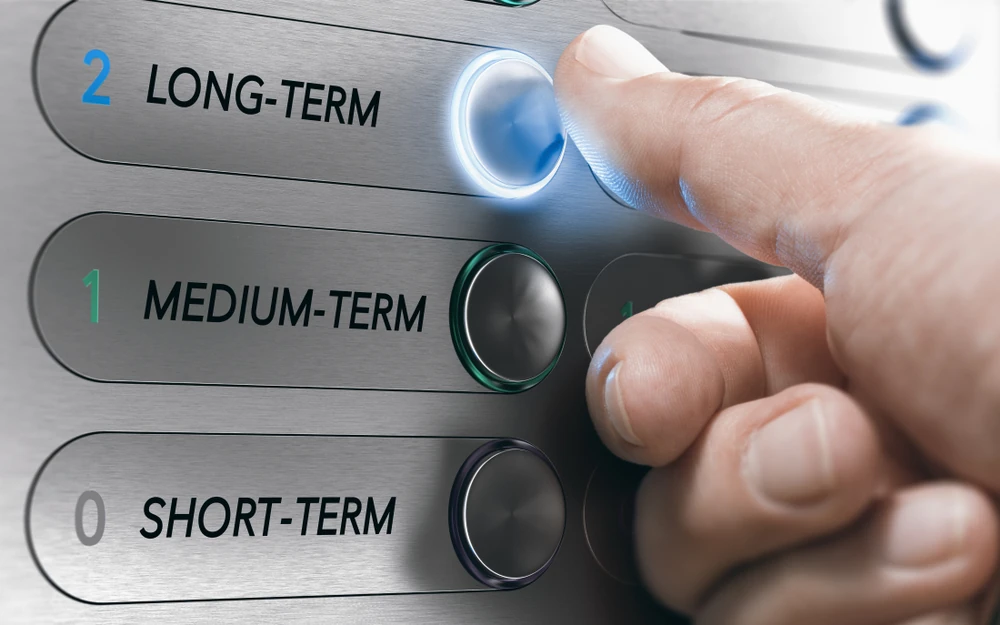Unbiased Specalty Services
Trusted Lift Consultants for Complex Lift & Escalator Matters
We provide independent, evidence-based lift assessments to resolve disputes, ensure compliance, and guide complex projects. From inspections to advisory, our impartial expertise helps legal teams, building owners, and strata managers make informed, defensible decisions, free from manufacturer or contractor influence.
Speciality Services
Independent Advisory for Complex Lift & Escalator Matters
Compliance challenges, legal disputes, and specialist lift requirements demand fast, accurate, and impartial expertise.
At Equity Elevator Consultants, we deliver independent inspections, detailed compliance assessments, and expert witness services to resolve issues and support informed decisions. With no ties to manufacturers or contractors, our evidence-based reports protect your interests and stand up to the highest level of scrutiny.
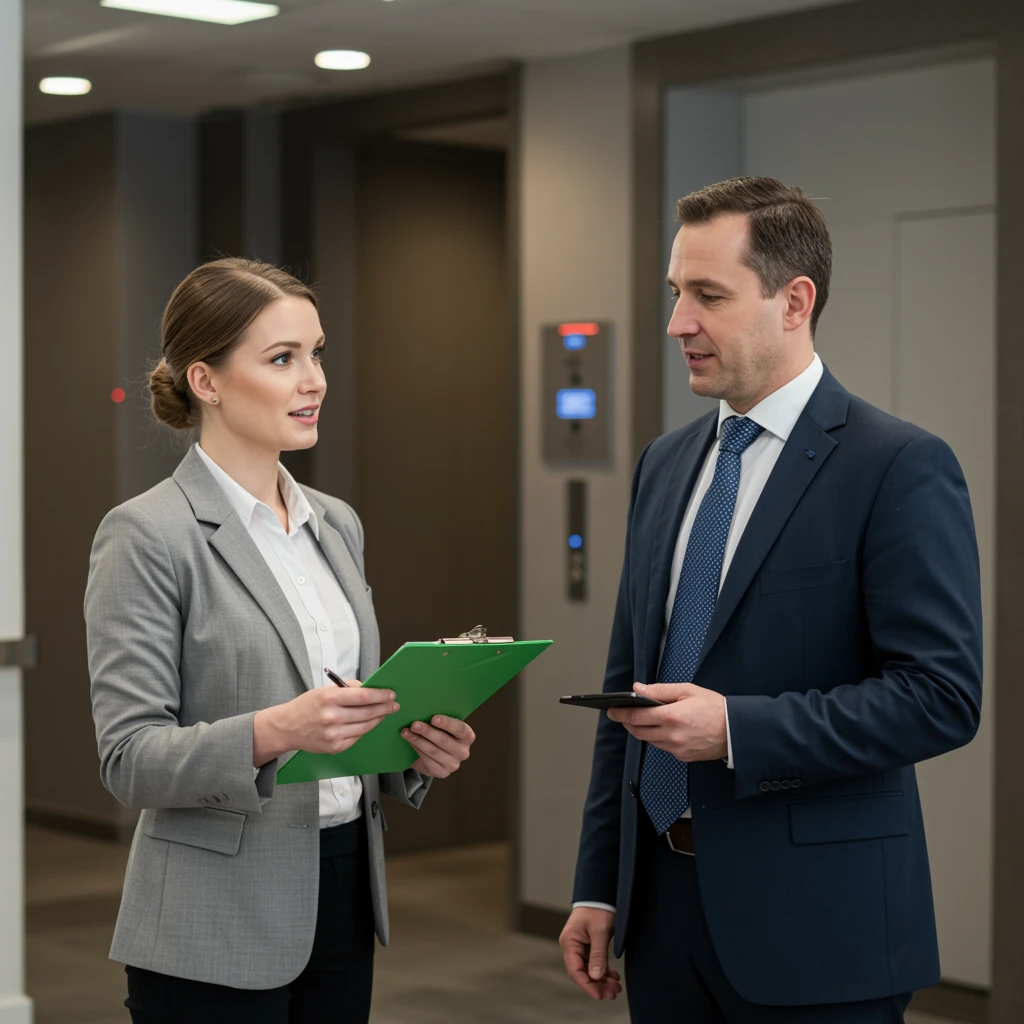
Trusted for Our Independence
Practical Benefits That Save Time, Money & Risk
We deliver expert, independent solutions for complex lift and escalator challenges, from compliance issues to legal disputes. With no ties to manufacturers or contractors, our fast, accurate, evidence-based reports protect your interests and support confident decision-making.
Insurance Claim Analysis
We provide technical reports to support fair outcomes in lift-related insurance claims.
Incident Investigation
We conduct root-cause investigations of lift incidents and provide corrective action reports.
Expert Witness & Legal Support
We provide expert testimony and technical support for disputes and litigation involving lifts.
Capital Planning
We prepare long-term capital plans to support budgeting for lift replacements and refurbishments.
Lift Broker Services
We act as independent lift brokers, negotiating with providers to secure optimal service and financial outcomes.
Design & Engineering Support
We provide conceptual layouts and schematic planning for new lift systems, ensuring seamless integration with building architecture and compliance standards.
Fire Safety Assessments
We assess vertical transportation fire safety measures, ensuring compliance with emergency codes and performance under evacuation scenarios.
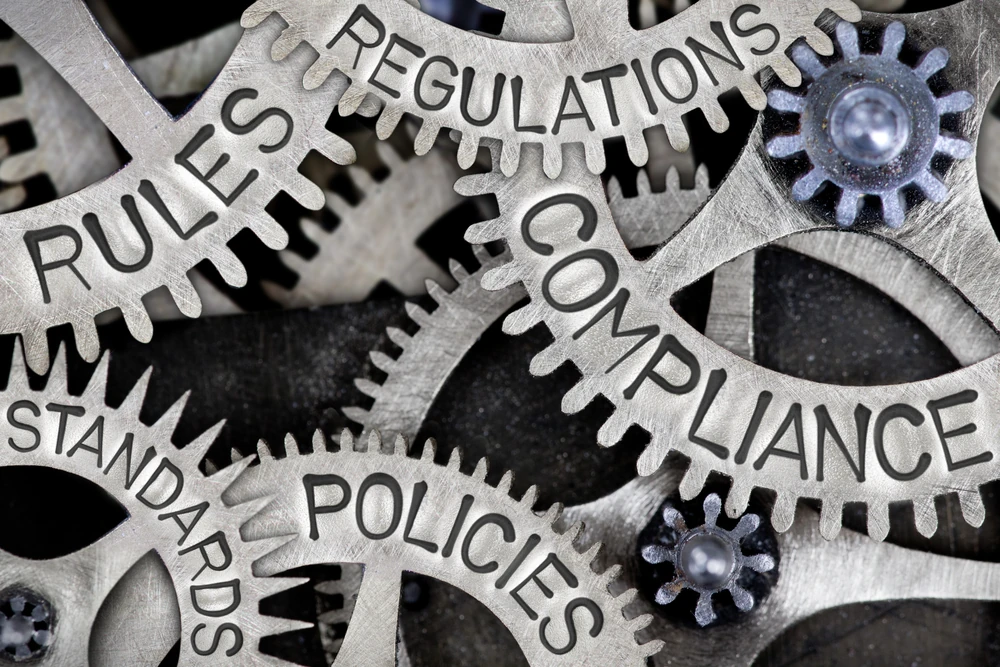
Reduce Risks & Legal Uncertainty
Lift Disputes Can Be Costly, We Help You Avoid Them
Legal and compliance issues with lifts can cause financial loss, project delays, and safety risks.
Our independent consultants provide expert analysis and court-ready reporting to help you resolve disputes quickly and confidently. With unbiased assessments aligned to Australian safety laws, we help you prevent fines, manage liability, and protect your property or clients.
Specialty Services in Action
Trusted Specialty Services for Legal & Compliance Success
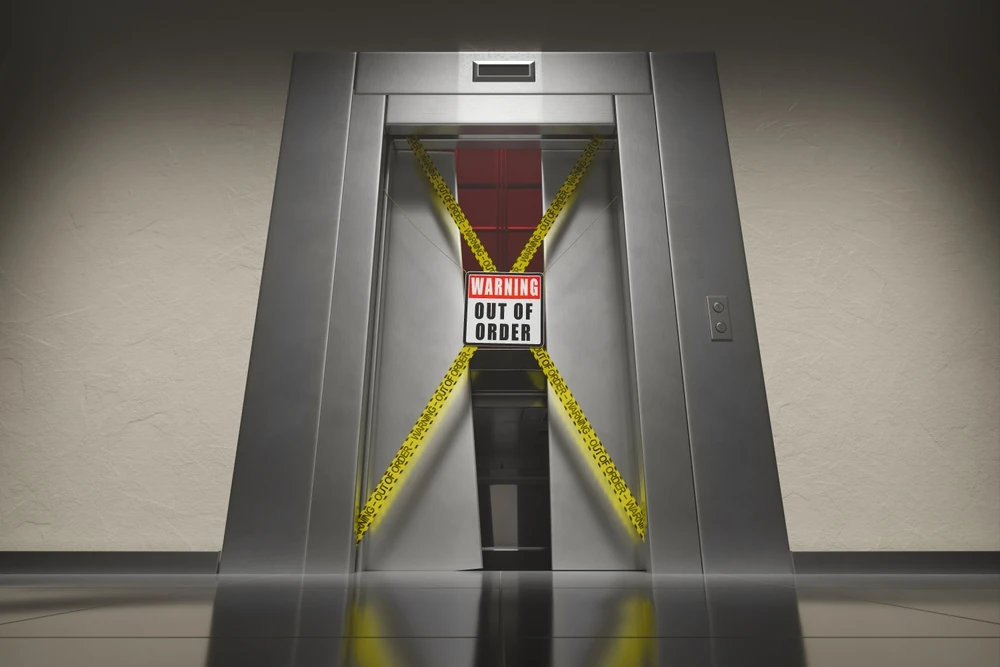
Insurance Claim Analysis
Insurance claims involving lifts are often technical and disputed. Equity Elevator Consultants provides independent insurance claim analysis with fact-based, impartial reports trusted by insurers, owners, and legal teams. We assess maintenance records, breakdown history, and compliance with AS1735 and WHS standards to identify liability and damages. Our independence ensures unbiased findings that support fair outcomes, reduce disputes, and speed up resolution.
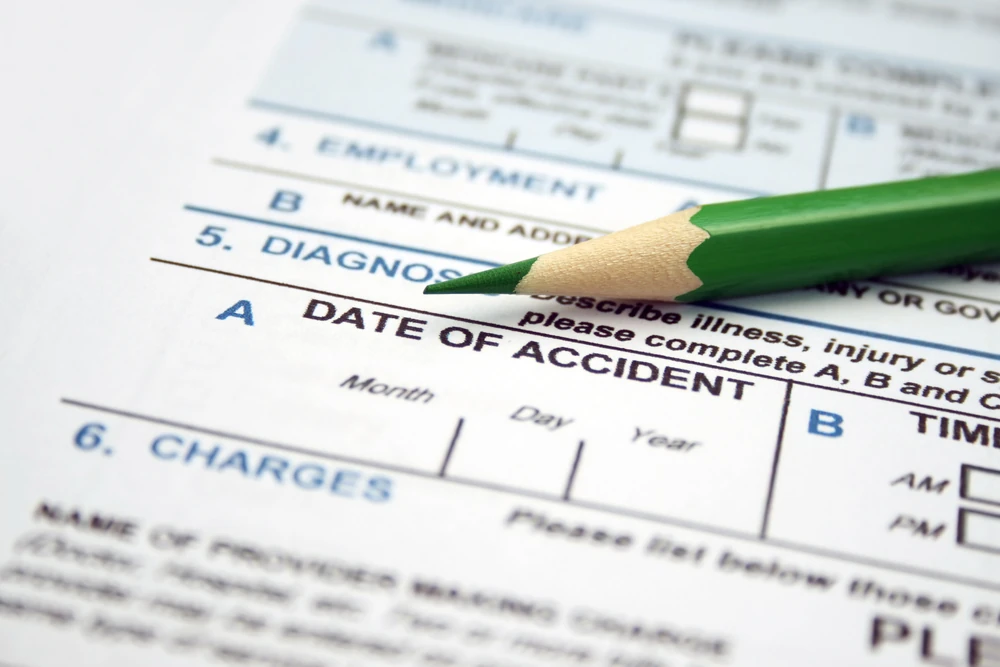
Incident Investigation
When lift incidents occur, accurate root-cause investigation is critical. Equity Elevator Consultants delivers independent incident investigations, examining technical faults, safety systems, and maintenance obligations. Our reports highlight root causes, identify compliance breaches, and recommend corrective actions consistent with WHS and AS1735 requirements. We provide clear direction so managers can restore safety, reassure residents, and prevent recurrence.

Expert Witness & Legal Support
Disputes involving lifts require credible technical evidence. Equity Elevator provides independent expert witnesses and legal support for cases involving performance, compliance, and maintenance contracts. We review records, audit equipment, and produce impartial reports aligned with AS1735. Our testimony brings clarity and credibility, helping courts and tribunals resolve disputes fairly.

Capital Planning

Lift Broker Services
Lift contracts can be complex and costly. As independent lift brokers, Equity Elevator represent clients in negotiating maintenance, modernisation, and replacement agreements. We prepare specifications, compare contractor proposals, and secure contracts focused on cost efficiency, compliance, and performance. Our independence ensures unbiased advice and better long-term outcomes.

Design & Engineering Support
Successful lift projects start with strong design. Equity Elevator provides independent design and engineering support, preparing layouts and schematics for new installations and upgrades. We ensure compliance with AS1735, BCA, and accessibility codes while aligning lifts with building design. Our input helps architects and developers avoid costly redesigns and achieve efficient, future-ready systems.
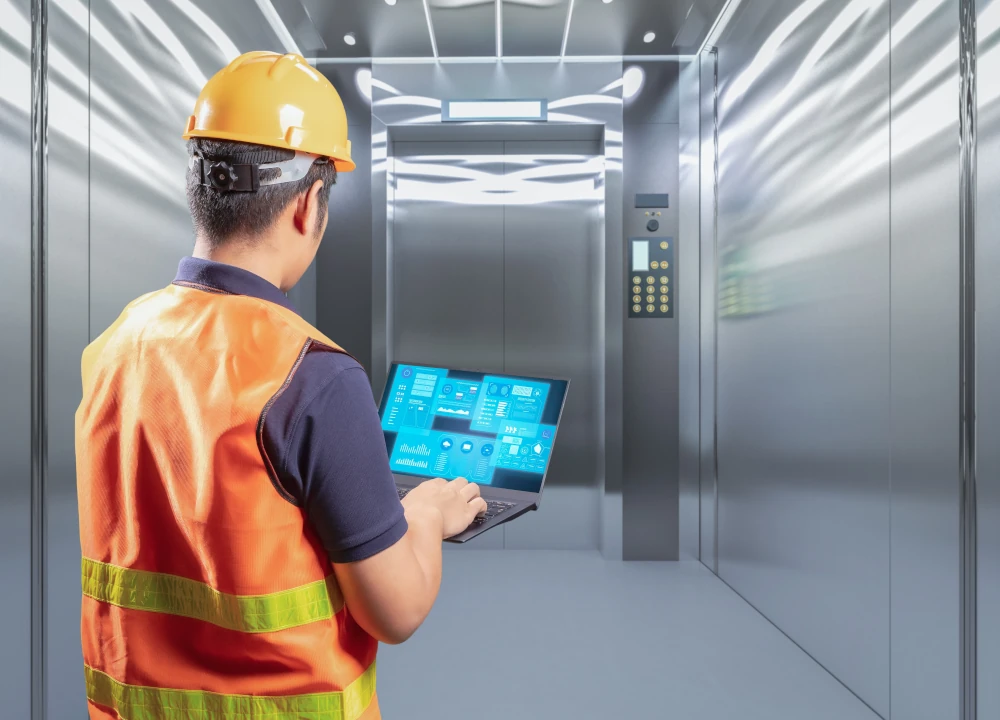
Fire Safety Assessments
Fire safety is a critical compliance area for lifts. Equity Elevator Consultants conducts fire safety assessments and reviews fire service controls, emergency recall, and evacuation performance. We ensure lifts meet AS1735, WHS, and BCA standards. Our reports help owners and managers address risks, protect residents, and maintain compliance during emergencies.
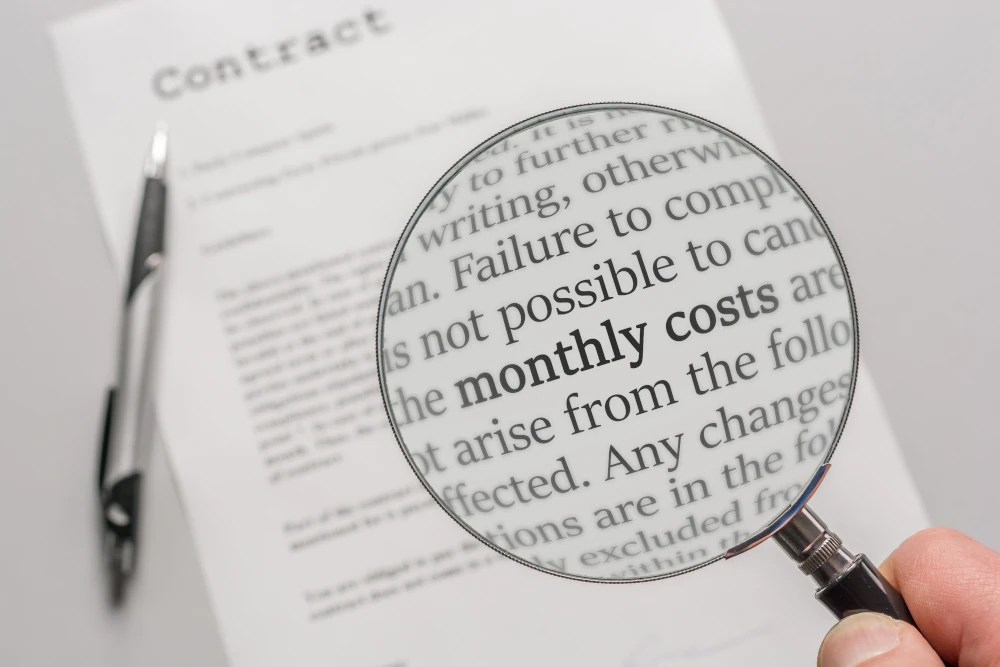
Due Diligence
Before acquiring or investing in property, it’s vital to understand the condition and
compliance of lift assets. Equity Elevator provides independent due diligence assessments, reviewing maintenance history, contractor performance, and compliance with AS1735, WHS, and the Building Code of Australia. We identify lifecycle risks, upgrade requirements, and potential capital costs. Our reports give investors, developers, and owners confidence in negotiations, helping avoid liabilities and ensuring lift systems meet compliance and performance standards.
Step-by-Step Specialty Service Process
Independent Assessments for Complex Legal & Compliance Matters
Our structured, evidence-based process delivers clear, defensible outcomes for disputes, compliance challenges, and specialist advisory needs.
We collect and analyse all relevant contracts, compliance records, and documentation to build a clear picture of your needs.
We carry out in-depth technical inspections to assess lift performance, safety, and compliance with Australian standards.
We deliver detailed, evidence-backed reports with clear recommendations to support dispute resolution, compliance, or advisory needs.
If legal proceedings are involved, we provide impartial, professional testimony that strengthens your position.
FAQ
Common Questions About Our Speciality Services
What is lift traffic analysis, and why is it important?
Traffic analysis models passenger demand, car loading, waiting times and handling capacity to size and tune your lift group. It informs car numbers, speeds, door widths, control strategy and, where justified, destination control. For new builds, it prevents under‑ or over‑design; for existing buildings, it guides upgrades that deliver real user improvements, not just new finishes.
How do you assess lift energy efficiency?
We profile running and standby consumption, drive topology, lighting and ventilation loads, and traffic patterns. Opportunities include LED/standby controls, high‑efficiency motors and regenerative drives. Savings are modelled with simple paybacks and reflected in lifecycle budgets so committees can weigh OPEX reductions against capital outlay and sustainability goals like NABERS.
When should I seek expert witness services?
Insurers increasingly request independent condition, maintenance and compliance evidence. We verify safety systems, emergency comms, car/landing doors, machine integrity and logs, and identify rectifications with timeframes. A clear report supports renewals, avoids exclusions for known defects and can reduce premium risk by demonstrating active management of registrable plant obligations.
What’s involved in insurance-related lift inspections?
Engage early if performance, safety or contract obligations are in dispute. We review records, audit evidence, maintenance logs and standards, then issue independent reports suitable for tribunals or court. Early involvement clarifies technical facts, narrows issues and often facilitates settlement, avoiding prolonged disruption for residents and unnecessary legal costs for owners.
What’s the role of compliance in insurance claims?
Insurers may question claims where known defects or overdue compliance actions exist. Up‑to‑date audits, maintenance evidence and rectification records demonstrate responsible management and reduce dispute risk. We help establish a clear paper trail so owners can prove diligence, protecting coverage and avoiding costly contention during stressful events.
How does smart lift technology improve operations?
IoT gateways and edge sensors capture vibration, temperature and duty cycles to predict failures and optimise service visits. Remote diagnostics reduce downtime and enable data‑driven KPIs. We specify secure, standards‑based integrations so owners retain data access, even if the maintenance provider changes, protecting transparency and long‑term asset knowledge.
Can lifts be retrofitted for better accessibility?
Yes. Upgrades include compliant car and landing buttons with tactile/Braille, audible/visual indicators, handrails, improved levelling, door width adjustments and communication systems. We assess feasibility against AS 1735.12 and building constraints, prioritising the most impactful changes first to improve dignity and access for residents and visitors with mobility or sensory needs.
What is a fire service mode test, and is it mandatory?
Fire‑service operation recalls cars, prevents normal use and allows authorised control during an emergency. Routine testing verifies recall, signalling, intercoms and firefighter controls. Frequency depends on building management plans and regulatory guidance. We document results, rectify defects promptly and align procedures with broader emergency and evacuation strategies coordinated by the building team.
How can lifts be integrated into smart building systems?
Through BACnet/Modbus gateways or vendor APIs, lifts can share status, faults and energy data with the BMS. This enables coordinated after‑hours modes, access control integration and analytical dashboards. We ensure cybersecurity and data ownership are addressed in specifications so the building, not a vendor, controls access to operational information.
What is the return on investment for energy-efficient upgrades?
Typical measures, LED and standby controls, modern drives, regenerative options, often deliver 3–7 year paybacks, faster in high‑duty sites. We validate with measured baselines and post‑implementation metering, not brochure estimates. Savings compound through reduced call‑outs, longer component life and better ratings, supporting both OPEX and ESG objectives for the building.
What’s the process for independent defect verification?
A consultant inspects the reported defects, replicates conditions where safe, documents findings with photos and tests, and references standards and specifications. We classify urgency, recommend rectification and, where appropriate, withhold acceptance until works meet contract requirements. This protects owners from paying for incomplete or substandard outcomes.
Do you provide dispute resolution support?
Yes. We act as impartial technical advisors in contractor/client disputes, translating standards into practical obligations and examining evidence objectively. Our structured approach, document review, inspection, tests, findings and recommendations, helps parties resolve issues quickly. When settlement isn’t possible, our expert reports and testimony are ready for formal proceedings.
What’s involved in technical due diligence for property purchases?
We inspect all vertical transport assets, review records and contracts, identify safety/compliance issues, estimate remaining life and set near‑term and long‑term cost allowances. Findings inform purchase price negotiations and early capital planning, reducing post‑acquisition surprises. This is essential for portfolios with ageing lifts or limited maintenance histories.
Can you train building staff on lift operations?
Yes. We deliver practical sessions covering daily checks, entrapment response, basic fault triage, contractor interface, documentation and communication with residents. Training reduces stress during incidents, preserves evidence for warranty or contract claims and improves uptime by ensuring issues are reported accurately and promptly to service providers.
Safer, Smarter Buildings
Get Trusted Advice From Independent Lift Experts
Don’t leave your lift systems to chance. Whether you need compliance guidance, a maintenance audit, or a full modernisation plan, our lift consultants are here to help.
